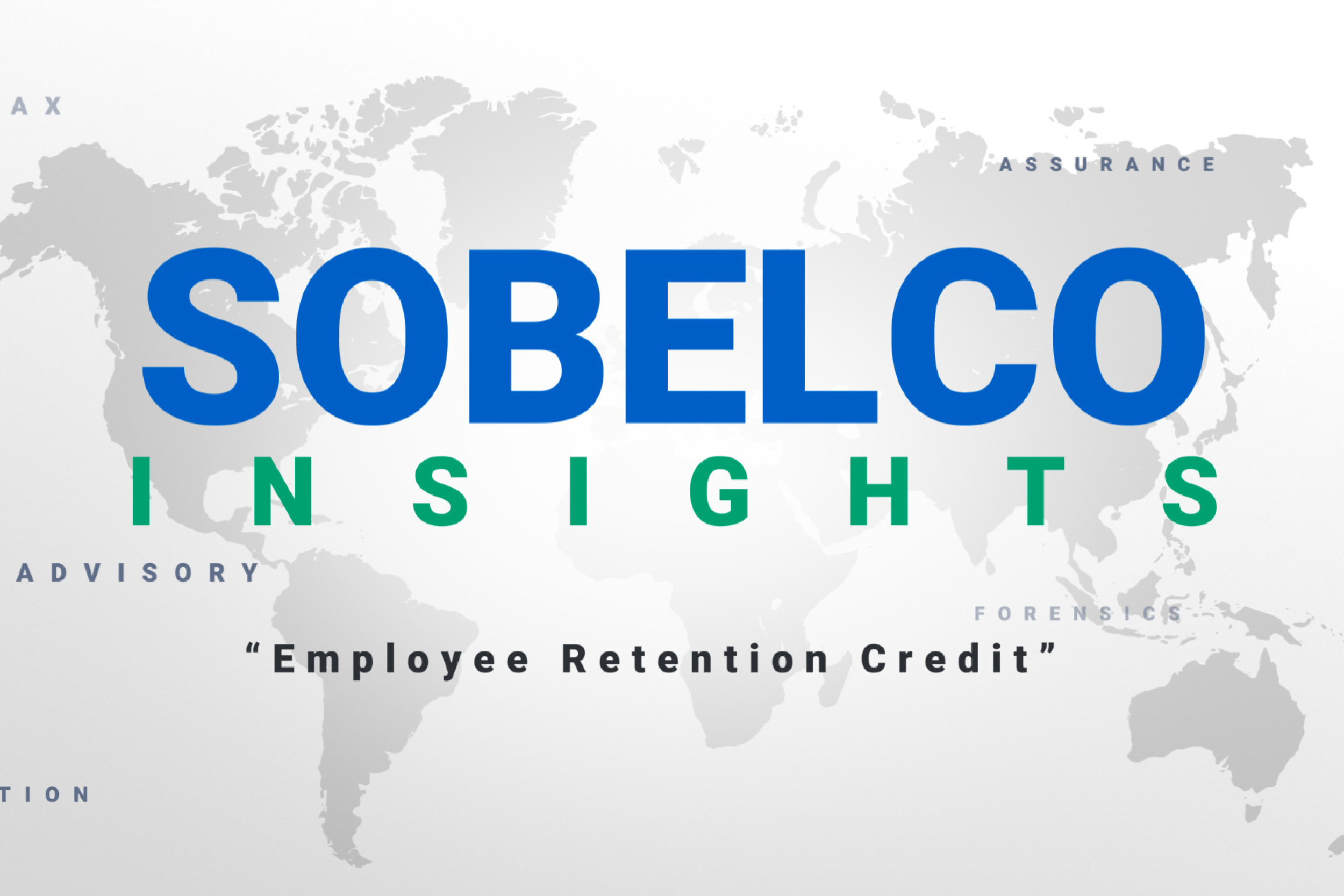
Each month SobelCo proudly spotlights one of New Jersey’s nonprofit organizations, sharing their story and celebrating their successes. For April 2021 we are shining a bright light on the Essex County Family Justice Center, located in Newark, New Jersey.
How it all began
Essex County Family Justice Center (ECFJC) first opened its doors for service over a decade ago on May 24, 2010. ECFJC began providing direct services after two years of strategic planning and intense partnership building, with the goal of providing victims of domestic violence with access to comprehensive services to protect themselves and their children from abuse. The city of Newark was selected as the first location of a Family Justice Center in New Jersey due to its proximity to Essex County Superior Court and proximity of ECFJC’s multidisciplinary partner agencies.
A successful model
The Family Justice Center (FJC) Model of domestic violence service delivery followed in Essex County is recognized by the U.S. Department of Justice Office on Violence Against Women as a best practice in the field of domestic violence intervention and prevention, resulting in reduced homicide; increased victim safety, increased autonomy and empowerment for victims, reduced fear and anxiety for victims and their children, increased prosecution of offenders and increased community support for services to victims and their children. ECFJC, with nearly 20 partner agencies provides comprehensive services to victims including emergency assistance, crisis intervention, safety planning, housing, counseling, law enforcement, prosecution, civil legal assistance, medical/behavioral health assessments, counseling, and referrals.
A mission of hope
The good news is that today there are over 100 operating Family Justice Centers across the country, with increasing progress and momentum to expand the FJC Model throughout New Jersey.
Closer to home, the mission of Essex County Family Justice Center is to enhance the safety and autonomy of domestic violence victims and their children by providing a wide range of accessible and coordinated services in one location at ECFJC’s site in downtown Newark.
A wide range of services are available to all victims of domestic or intimate partner violence in Essex County, regardless of race, color, religion, national origin, sex, disability or perceived disability, gender, gender identity, sexual orientation, and marital status.
How is domestic violence defined?
Often times, domestic violence is not easily recognized. But in order to offer a meaningful solution to a critical situation, you first need to be able to identify the problem.
Therefore, it is critical to understand that domestic violence is most commonly defined as “A pattern of behavior in any relationship that is used to gain or maintain power and control over an intimate partner.”
This includes any behaviors that frighten, intimidate, terrorize, manipulate, hurt, humiliate, blame, injure or wound someone.
Domestic violence affects people of all socioeconomic backgrounds and education levels.
Unfortunately, domestic violence is not limited to economically challenged neighborhoods or other areas that are stereotypically judged to be disadvantaged. In fact, domestic violence can happen to anyone of any race, age, sexual orientation, religion, or gender. It can happen to couples who are married, living together, or dating, during the relationship or after separation or divorce.
Often abuse is equated with an act of physical violence or force, like shoving, or beating, or punching or slapping. But there are actually several categories of domestic violence, beyond physical violence, including emotional abuse, physical abuse, economic/financial abuse, or sexual abuse, and including cyber stalking and intimidation. Being on the lookout for these can help prevent or mitigate a potentially drastic situation.
It is called ‘abuse’ when someone not only physically hurts you but also when they threaten you, call you names, criticize you, isolate you from family and friends, monitor your behavior or other relationships, forbid you to work, control how the money in your household is spent or withhold money, run up debts or refuse to work, or in any way hurt, force, or manipulate you.
While these patterns of unacceptable behavior may be less frequently talked about, they are common characteristics of an abusive situation.
But at Essex County Family Justice Center, hope for a better life prevails.
Essex County Family Justice Center continues to serve Essex County’s most vulnerable populations. Since its establishment in 2010, more than 9,500 victims have made over 24,300 visits to ECFJC and received crisis intervention, safety planning, prosecution assistance, civil legal advocacy, emergency aid and victim’s assistance, medical/behavioral health referrals, assessments, counseling, and advocacy. While anyone in need can receive services, 89% of ECFJC clients are female and most are African American (50%) or Latino (34%); 73% reside in Newark, East Orange, Orange, and Irvington.
In addition to the abuse they are experiencing, 69% of clients report making less than $20,000 annually, 76% have at least on child under the age of 18, and 31% are immigrants or not U.S citizens. Notably, the lack of financial resources for food, shelter, and other essentials is a major challenge faced by clients when attempting to leave their abusive relationship.
The Essex County Family Justice Center regularly solicits feedback from clients through exit surveys.
Here is what their clients have to say:
These results are used to understand where services are being effective and where they can use improvement. A sample of comments received on exit surveys include:
“This is the safest place to feel everything – the pain, shame, fear and healing”
“The availability of resources lets you know that you are not alone”
“I feel safer as a result of the services offered”
“The FJC changed my life”
“I appreciate the help and information provided; these services were not explained elsewhere.”
The emotions expressed in these simple statements capture the very essence of the organization and the commitment of their teams to change lives, offer resources and stop the fear while starting the healing.
To learn more please visit their website at: www.essexcountyfjc.org


